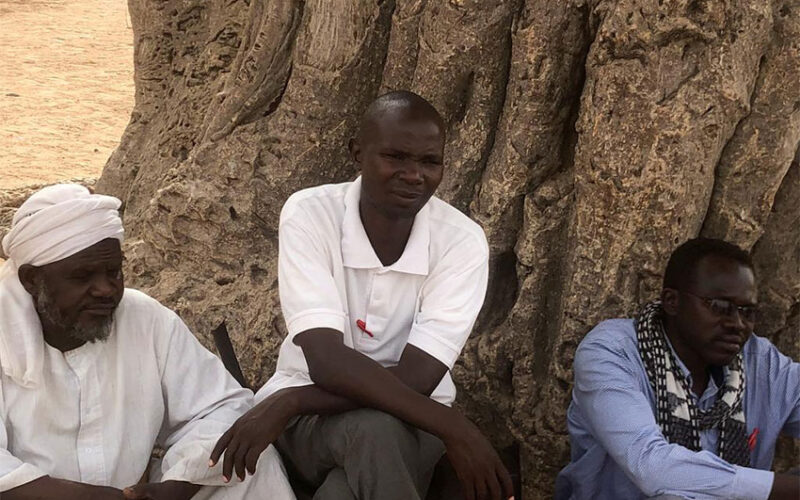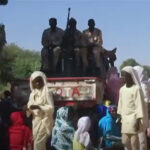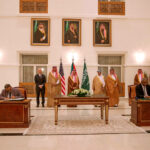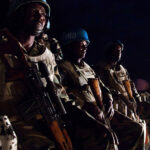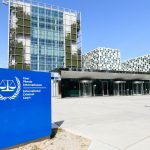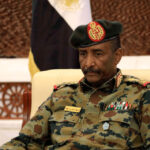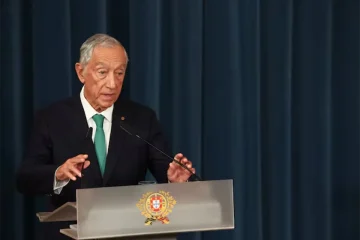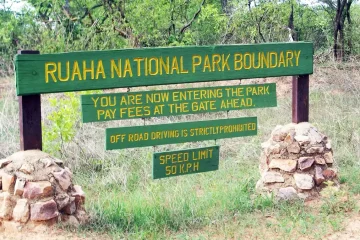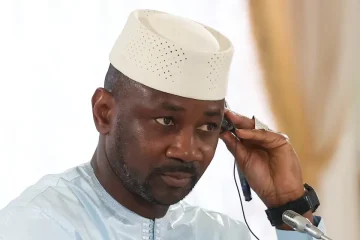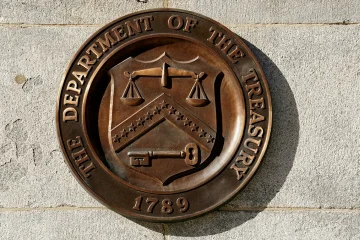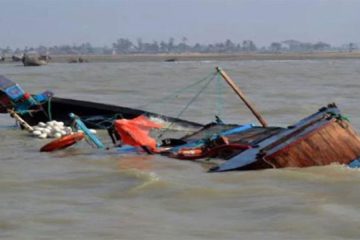KHALID ABDELAZIZ
MONTHS after Sudan signed a peace deal with Darfur rebels, and international peacekeepers stopped their patrols, Ihsan Mohamed is still waiting for any sign of peace and stability in her own daily life.
If anything, things have got worse, the 37-year-old resident of Darfur’s Attash displacement camp said with tears in her eyes. “There is no peace as far as we are concerned. The camp has become a scary place with looting and attacks.”
The Juba Peace Agreement, signed in October, was hailed in Sudan as a breakthrough in the festering conflict that pitted pro-government militias and troops against mostly non-Arab rebels in the mid-2000s.
But not all the rebel groups signed. And the banditry and lawlessness that plagued the region throughout the conflict has persisted and, in some areas, increased.
A committee representing displaced Darfuris told Reuters armed men had attacked the nearby Kalma camp several times over the past month.
In the past, they could have relied somewhat on patrols by the joint U.N./African Union UNAMID peacekeeping force. But the force began withdrawing at the start of the year, days after a vote by the U.N. Security Council to end its mandate.
“This is the worst period for us,” said 47-year-old Attash resident Abdalrazig Yagoub. “After UNAMID left we are more fearful, and there are people who seem to belong to the rebel groups and they loot the camp at night.”
As the residents spoke, unidentified armed men sat in a truck at the edge of the camp.
“It’s become more dangerous and our situation has got worse since they signed the peace deal,” said Yagoub. The camp’s straw and mud houses have no electricity or sewage system, and many said reduced aid means they often go hungry.
The October agreement mandated the integration of rebel groups into the armed forces and into transitional bodies governing Sudan since the overthrow of President Omar Hassan al-Bashir in 2019.
But not all of the institutions intended to help usher in the new order are up and working, said Jibril Adam Bilal, deputy leader of the former rebel Justice and Equality Movement, one of the groups that did sign.
“Unfortunately, the delay in forming the governance structures … and the peace implementation mechanisms have delayed the enforcement of peace on the ground.”

